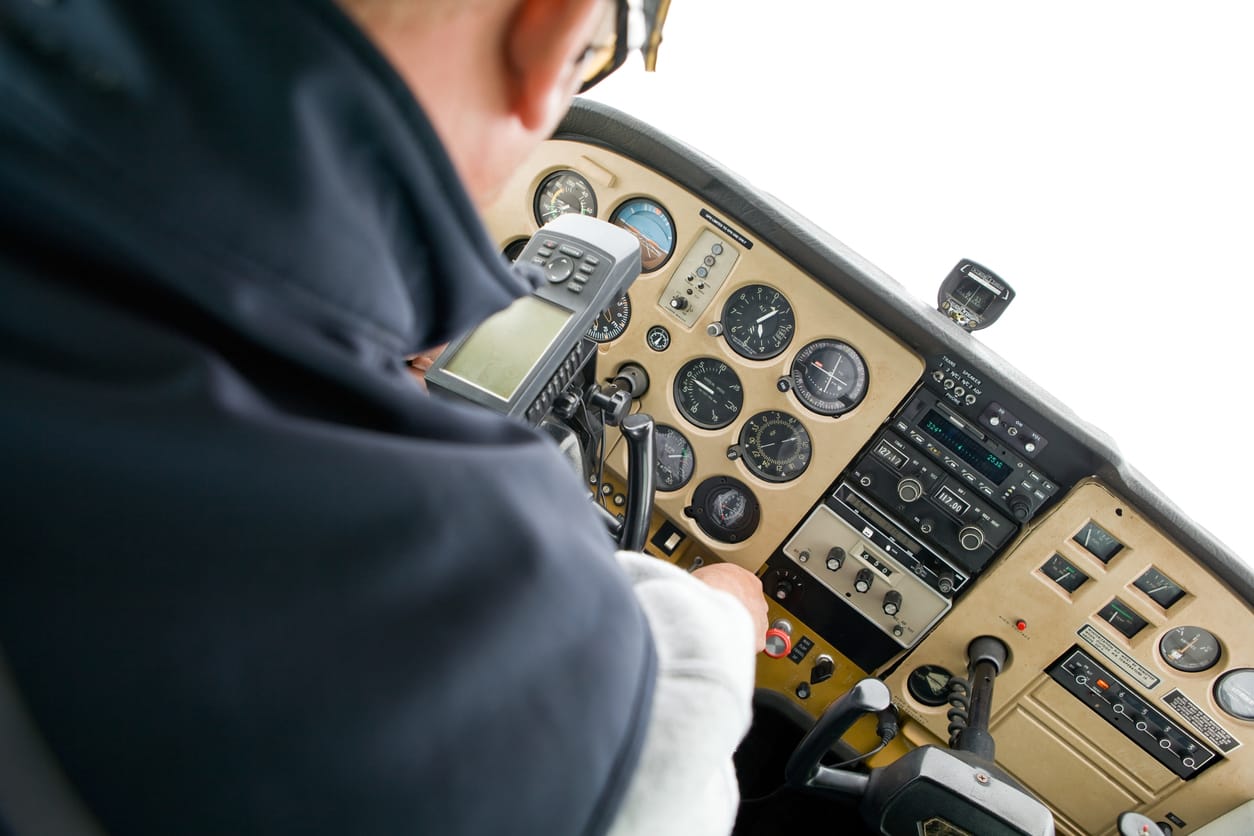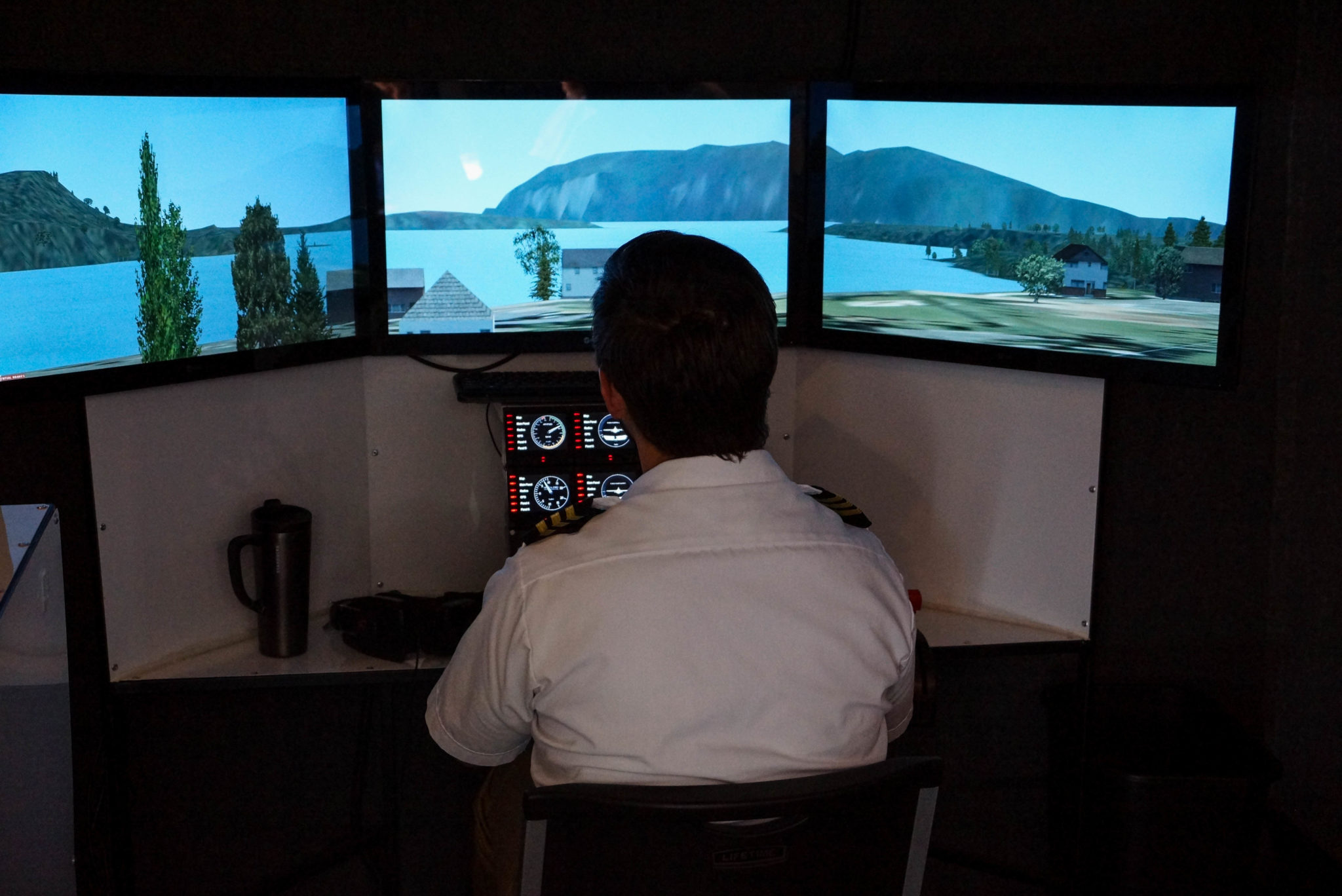What Is the Difference Between VFR vs IFR Flying?
When a person first learns to fly airplanes, this pilot-to-be is trained to fly under what is called VFR. This is an acronym for Visual Flight Rules. Although there are multiple competencies a Visual Flight Rules pilot must master, the area of expertise the general public associates most with piloting aircraft is the actual act …




